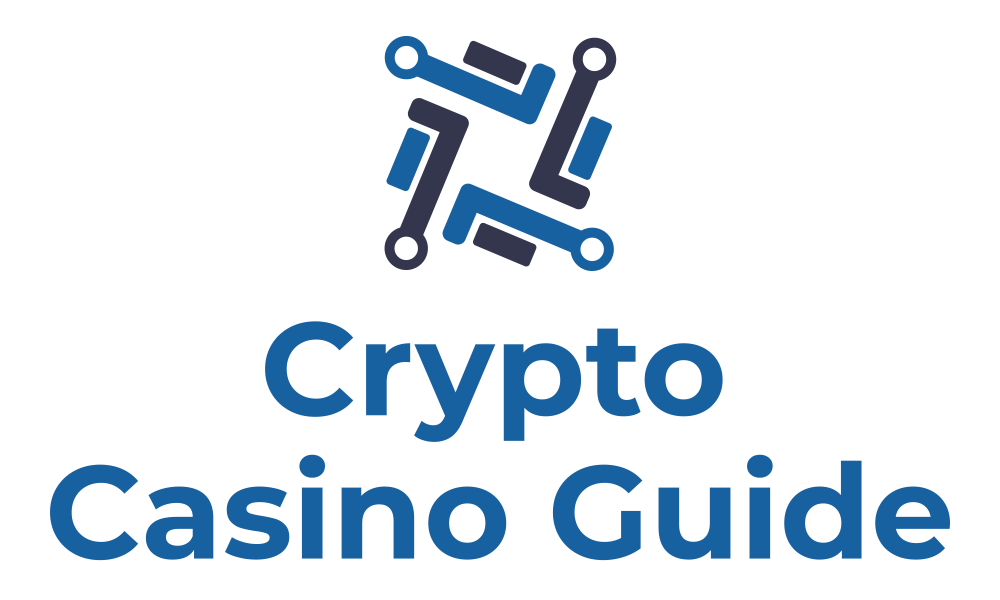Setting up a Wallet
Choosing a cryptocurrency wallet can be a challenging endeavour for crypto beginners. As blockchain transactions are immutable, confidence in a wallet’s security is absolutely paramount. But there are other factors to consider as well, we have compiled a list of general recommendations and best practices.
Aspects to consider when choosing a cryptocurrency wallet
- Convenience vs. security: The first trade-off is the possibly the most significant one. Security always come at a price of convenience. Try to find a security level which is sufficiently high but not so inconvenient that it will discourage you from adhering to it.
- Mobile vs. desktop: There are platform-agnostic wallets but most are optimized for one or the other. Do you want to lock away your keys safely in a basement or keep them readily accessible? This also relates to the intended use-case. Do you plan on interacting with a blockchain game on your PC or buying a coffee via your smartphone wallet.
- Specialized vs. universal: How many different currencies do you intend to use? Do you need a universal solution or prefer a good specialized one for a single blockchain? Currently by far the largest blockchain ecosystem ist built upon Ethereum and for payment purposes any common currency is usually sufficient but storage of an investment portfolio might require an universal wallet.
- Sovereignty vs. custody: This fundamental consideration amounts to who should control your private keys. Ultimately crypto possession is constituted by exclusive possession of private keys. Do you want to be in true posession of your private keys with all the responsibility and sovereignty it entails or delegate custody to the wallet provider? Although technically retaining ownership over your crypto, when you don’t control your keys you are not in immediate possession of your assets and implicitly have to trust the custodian.
- Hardware vs. software: Private keys can both be stored on your everyday PC and dedicated hardware wallets. While the former tends to be more accessible for beginners, hardware wallets offer an extra layer of security which can’t even be penetrated by connecting it to a compromised and virus-infected computer.
Our Recommendations for Beginners and beyond
Ultimately we can’t identify a definite favourite which will universally appeal to the manifold of diverse personal preferences. Bu we will do our best to provide you with some inspiration which may help you decide according to your needs.
Security above all – Ledger Hardware Wallet
The ultimate solution for security enthusiast the Ledger hardware wallet uses hardware based encryption to keep your private keys disconnected from any network and therefore safe. It supports a number of coins and is about as portable as a USB drive. While not free it definitely is an investment worth considering, especially for larger amounts of crypto and long term storage.
Sophisticated Sovereignty – Ethos Universal Wallet
In its mission to make cryptocurrency accessible to beginners withou sacrificing sovereignty over private keys, Ethos universal wallet was the first non-custodial mobile wallet. In addition to giving the user control over the private keys it attempts to improve crypto literacy by several community features. It supports a plethora of coins an is freely available for mobile.
Convenience & Control – Exodus Crypto Wallet
Available free of charge for mobile & desktop, the Exodus crypto wallet represents another instance of a universal non-custodial wallet – with the user retaining control over the private keys. Modern desing and convenience of use have made Exodus a popular choice for beginners.
Gateway to the Ethereum Universe – Metamask Browser Extension
If you are intersted in an Ethereum wallet which opens up access to the world of decentralized finance (Defi) and applications (Dapps) Metamask offers a beginner-friendly and convenient option. It is available as a browser extension for most browsers as well as mobile and seamlessly interacts with the vast infrastucture built upon Ethereum while also giving you control over your private keys. Note the Metamask only supports the Ethereum blockchain – but excels in that regard.
